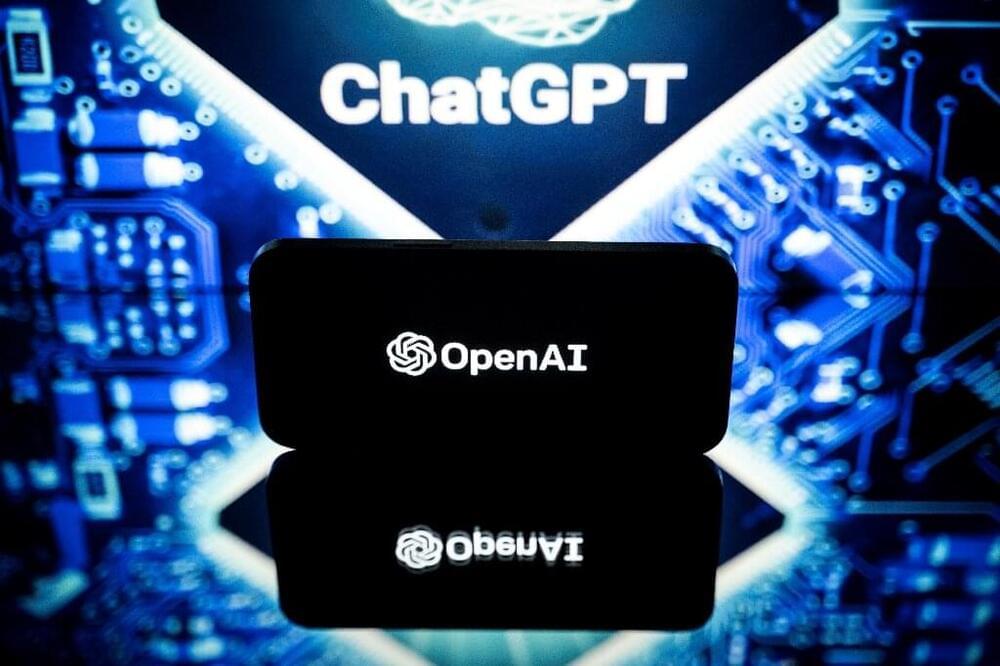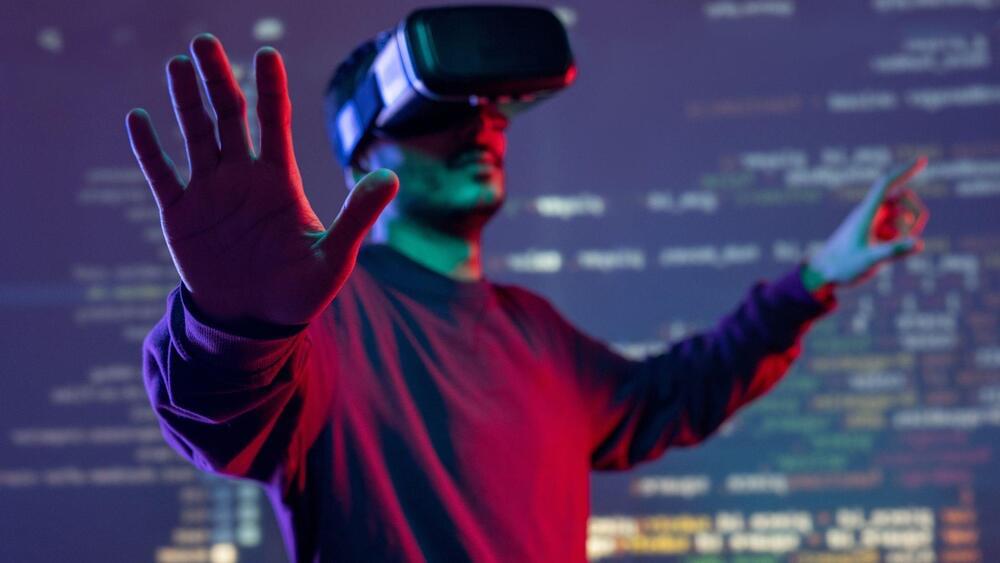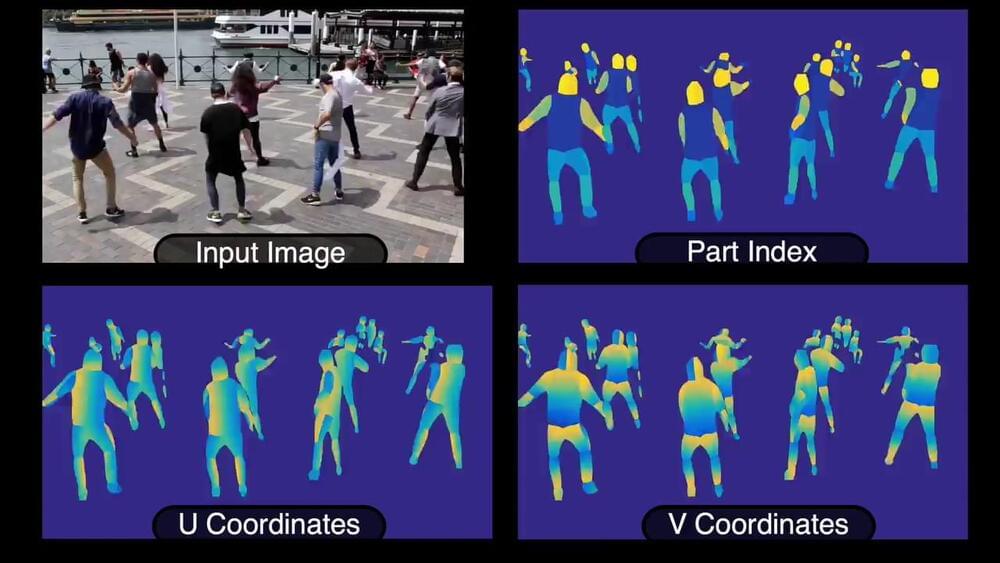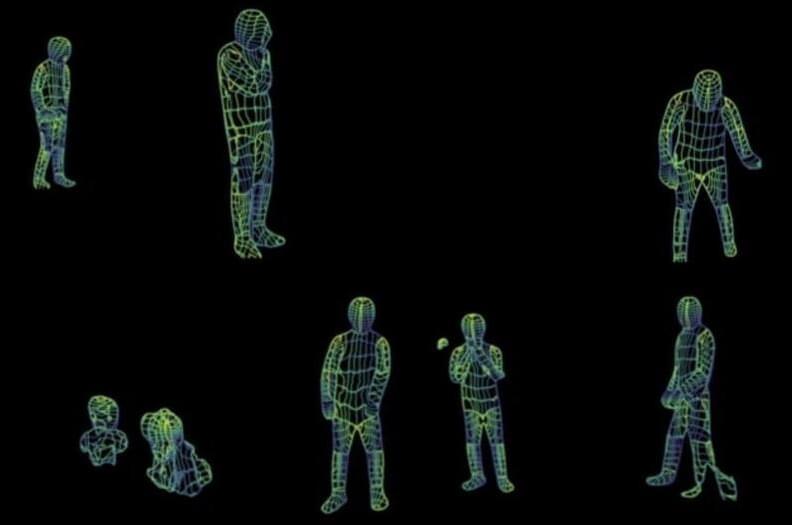Jan 25, 2023
ChatGPT bot passes US law school exam
Posted by Jose Ruben Rodriguez Fuentes in categories: education, internet, law, robotics/AI
A chatbot powered by reams of data from the internet has passed exams at a US law school after writing essays on topics ranging from constitutional law to taxation and torts.
ChatGPT from OpenAI, a US company that this week got a massive injection of cash from Microsoft, uses artificial intelligence (AI) to generate streams of text from simple prompts.
The results have been so good that educators have warned it could lead to widespread cheating and even signal the end of traditional classroom teaching methods.


















